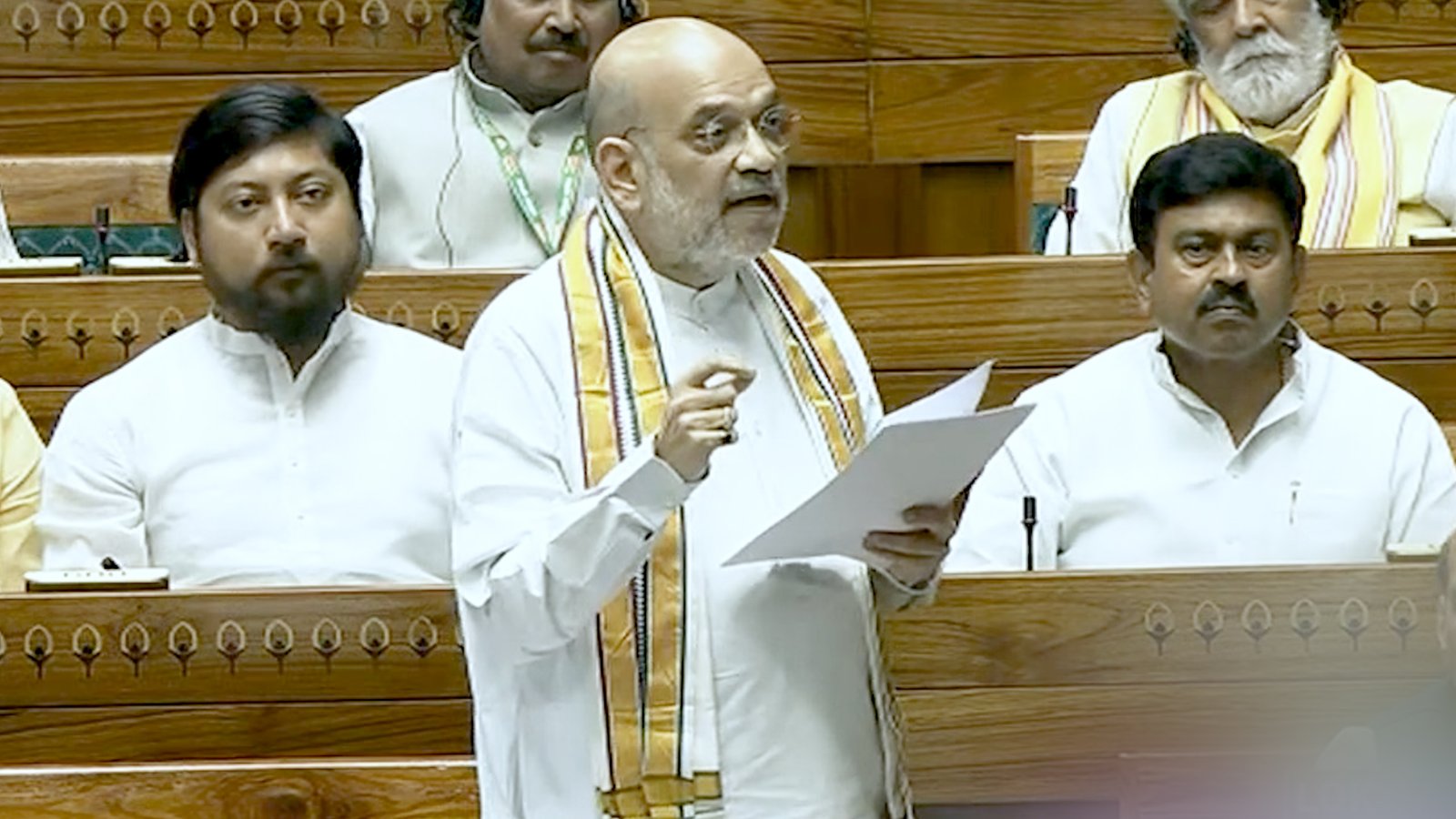New Delhi, Dec 22: Union Home Minister Amit Shah, while discussing the latest criminal law bills in the Rajya Sabha, expressed confidence that the enactment of these three laws will end the “Tareekh Pe Tareekh Era”, thereby ensuring the timely delivery of justice. Within three years.
After extensive day-long deliberations in the Upper House, the Rajya Sabha approved three important bills – the Indian Judicial (Second) Code, the Indian Civil Defense (Second) Code, and the Indian Security (Second) Bill.
These bills, introduced by the Union Home Minister on Thursday, were passed by voice vote in the Rajya Sabha, now awaiting the approval of President Draupadi Murmu to become law. After their passage, the Rajya Sabha was adjourned sine die.
The new criminal law provisions include Section 63 in place of Section 375 and Section 376 for rape cases, Section 70 in place of Section 70 for gang rape, and Section 101 in place of Section 302 for murder. These bills have already received approval from the Lok Sabha. Streamlining and modernizing the legal framework.
During the parliamentary discussion, Amit Shah stressed the deeply rooted Indian ethos of the bills aimed at providing justice rather than merely punishing. He cited the influence of prominent figures like Vyasa, Brihaspati, Katyayana, Chanakya, Vatsyayana, Devnath Tagore, Jayant Bhatt, and Raghunath Shiromani in conceptualizing the proposed law.
Replying in the Rajya Sabha on three new criminal bills.
https://t.co/pNahYNZ684— Amit Shah (@AmitShah) December 21, 2023
Shah highlighted the progress in digitization, noting that 97% of police stations in the country have been digitized, and records of 82% have been digitalized. The entire legal process from filing of FIR to adjudication will be transformed into an online platform, with a shift from traditional FIRs to exclusively electronic FIRs. Additionally, it is envisaged to integrate CCTV cameras into the system across the country.
Emphasizing the word “Swaraj”, the Home Minister said that it is not only a political concept but also includes the promotion of one’s religion, language, and culture. Taking inspiration from Mahatma Gandhi, he made it clear that the quest for “Swaraj” was for self-independence rather than a change in governance.
Assuring the House of a speedy justice system, Shah said the new laws would put an end to the long-running “date on date” scenario. He underlined the law’s forward-looking approach by allowing rule changes to accommodate technological advances for the next century.
In a significant development, the bills provide a broader definition of terrorism, addressing a long-standing lacuna in the country’s criminal justice system. Sedition law has been introduced with a focus on preventing actions against the country, separating criticism of the government from actions against the nation.
Shah highlighted the inclusive nature of the new laws with increased penalties for various crimes, including murder. The bills introduce community service as punishment in some cases, repeal several sections, and insert new provisions to deal with emerging challenges such as mob lynching.
Lastly, the Union Home Minister emphasized that the new legal framework will expedite justice, make it accessible and affordable to all citizens, address contemporary challenges, and be in line with the values and aspirations of the country.




